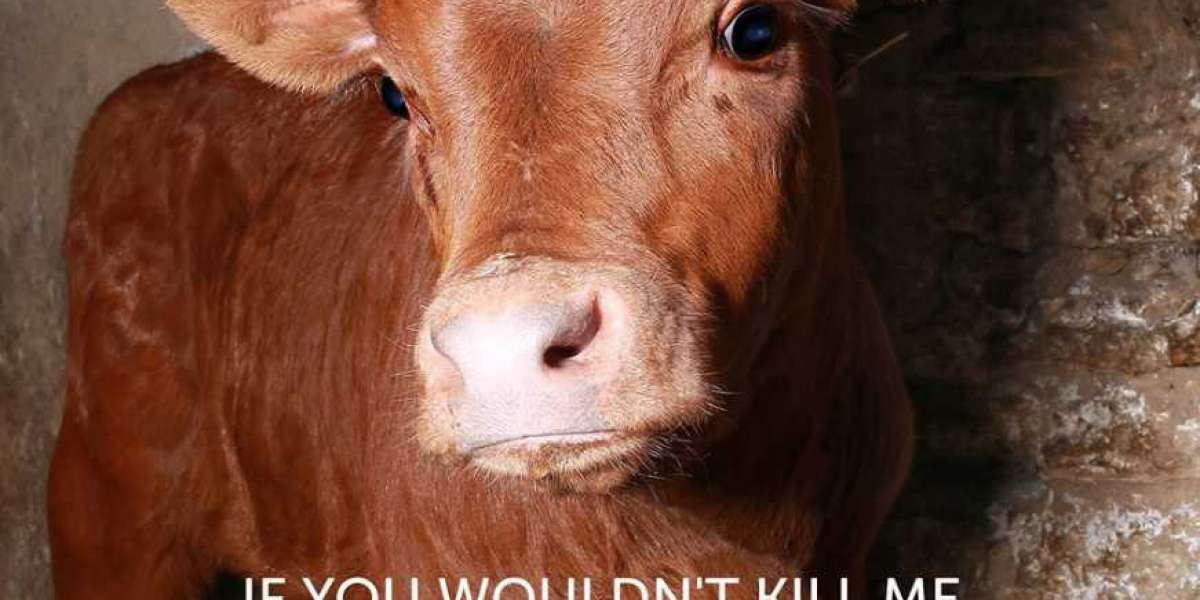Deforestation and the meat industry are closely intertwined, with the expansion of livestock farming driving significant rates of forest loss around the world. In this article, we explore the complex relationship between deforestation and the meat industry and the far-reaching consequences for the environment, biodiversity, and climate change.
The deforestation and meat industry connection is most evident in regions such as the Amazon rainforest, where large swathes of land are cleared to make way for cattle ranching and soybean production, primarily for animal feed. This rampant deforestation not only destroys vital habitats for countless plant and animal species but also contributes to biodiversity loss and ecosystem degradation.
Moreover, the deforestation and meat industry link extends beyond the Amazon to other forested regions, including the Congo Basin, Southeast Asia, and the forests of Central America. In these areas, forests are cleared or burned to create pastureland for grazing livestock or to cultivate crops such as soy, palm oil, and maize, which are used as feed for animals raised for meat production.
The consequences of deforestation and the meat industry are profound and multifaceted. Forests play a crucial role in regulating the global climate by absorbing carbon dioxide from the atmosphere and storing it in trees and soil. However, when forests are cleared or degraded, this stored carbon is released back into the atmosphere, contributing to greenhouse gas emissions and exacerbating climate change.
Furthermore, deforestation for the meat industry is a major driver of habitat loss and species extinction, as forests provide critical habitat for countless plant and animal species. The destruction of forests disrupts ecosystems, displaces native wildlife, and threatens endangered species, leading to irreversible biodiversity loss and ecological imbalance.
In addition to its environmental impacts,deforestation and the meat industry also have social and economic consequences for local communities, including indigenous peoples who depend on forests for their livelihoods and cultural identity. Forest destruction can lead to land conflicts, forced displacement, loss of traditional knowledge, and exploitation of vulnerable populations, further exacerbating social inequalities and injustices.
Despite these challenges, there are opportunities for positive change. Increasing awareness of the deforestation and meat industry link and its consequences has led to growing consumer demand for sustainable and ethical food choices. Many individuals and organizations are advocating for policies and practices that promote responsible land use, forest conservation, and sustainable agriculture.
Moreover, there is a growing market for plant-based alternatives to meat and dairy products, driven by concerns about environmental sustainability, animal welfare, and personal health. By choosing plant-based foods over animal products, individuals can reduce their ecological footprint and contribute to efforts to combat deforestation, biodiversity loss, and climate change.
In conclusion, the connection betweendeforestation and the meat industry highlights the urgent need for transformative action to address the environmental and social challenges associated with livestock farming and forest destruction. By promoting sustainable land use practices, supporting forest conservation efforts, and embracing plant-based diets, we can work together to build a more resilient, equitable, and sustainable future for all.



